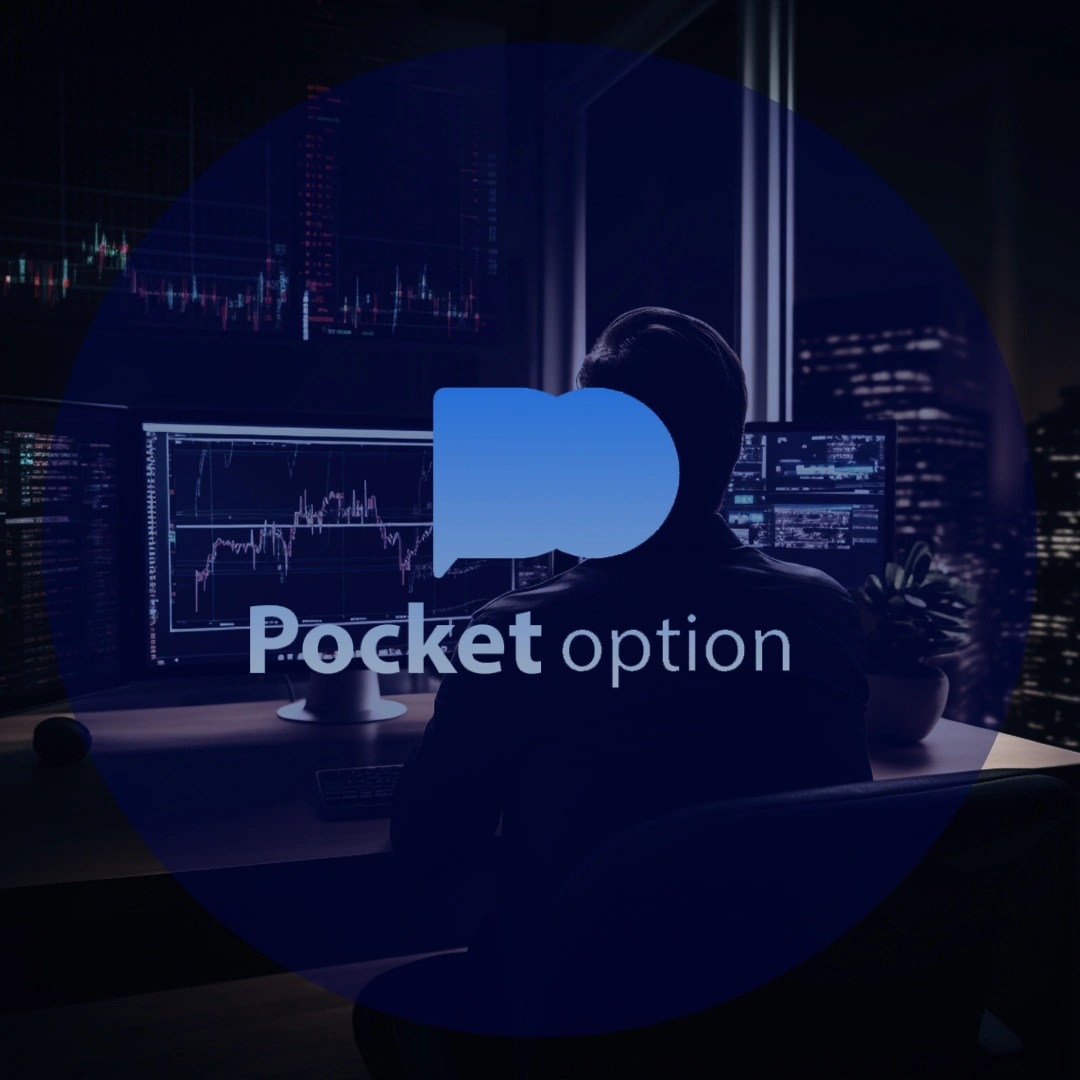The trading universe is full of opportunities; that’s a fact. But it’s also a cesspit of scammers, fraudsters, and shoddy brokers. None of these entities are focused on what’s best for you, a trader. Their primary objective is to milk every single coin out of you. If you ever encounter them, do yourself a favor and steer clear.
Having said that, today, I’d like to educate you on common trading scams and how to avoid them. My other mission is to introduce you to hacks that will help you avoid myriad issues, from hacked accounts to unfair terms and conditions. Read on and take notes.
Trade with Confidence: Choose a Safe and Regulated Broker
Confidence is the foundation stone on which you can build your success as a trader. When you’re confident, you are more likely to think clearly, make profitable decisions, and exploit every opportunity that comes your way.
Without confidence, your odds of failing increase multifold. Why? For starters, you are highly likely to make fear-driven decisions that will eventually cost you dearly. You’re also likelier to keep second-guessing yourself, abandon what would otherwise be excellent trades, and miss golden opportunities.
A credible and regulated broker can be your strongest ally. While trading with it, you do it confidently, knowing your money is secure, the rules are fair, and transparency is guaranteed.
Broker Regulation
The safest broker you can trade with is a regulated one. But you should tread carefully. I have encountered many shoddy service providers who claim to be licensed and regulated. Upon further investigation, I discovered that their licenses are affiliated with either unknown authorities or regulators based in jurisdictions with some of the sloppiest regulations on God’s green earth. Moreover, some of these service providers are outright lying about being regulated by top-tier authorities; they are unlicensed and unregulated.
You should never take a broker’s word at face value, especially where licensing and regulation are concerned. Verify if the company has a broker licence from a respected authority like the FCA, CySEC, or ESMA. The more the licenses, the merrier. And since many unscrupulous trading platforms lie about licensing, I strongly recommend cross-checking every claim with information on official regulator websites.
Safeguards Every Trader Needs
Choosing a regulated broker is just one part of the equation. To avoid costly mistakes, protect your money, and increase your odds of raking in the big bucks, you need to do more, starting with what I have recommended below.
- Trust your instincts
You should always trust your gut, especially when vetting a broker’s credibility. If you feel like something’s off, don’t register. Spend more time researching and analyzing the provider. And don’t give in to pressure from the company, no matter how many times you’re urged to sign up and lured with lucrative incentives. Don’t commit before certifying everything crucial, from credibilty to reliability and trustworthiness.
- Check ratings and reviews
The best way to gauge a broker’s credibility is by checking past user ratings and reviews. It doesn’t matter how promising a specific service provider may seem; if most of its past clients have nothing but complaints, don’t sign up. And beware of fake testimonials from people who’ve been paid to sell shoddy platforms. They should be easy to identify since most feature vague, generic comments like “great broker,” “fast withdrawals,” etc.
- Start with a demo account
I often compare choosing a broker to buying a car. You can’t purchase a vehicle without doing a test drive, right? Apply the same principle when it comes to trading service providers. Before committing to a funded live account, test each broker with a demo account. If you find demo trading problematic, chances are things won’t improve when you shift to live mode, so find a better service provider.
- Read the Ts and Cs
The worst mistake you can make is checking the agree checkbox before reading the stipulated terms and conditions. The Ts and Cs are there to inform you about crucial aspects like minimum withdrawal limits, bonus mandates, and issues that can lead to account suspension. Read and understand them to avoid nasty surprises. Avoid service providers with suspicious stipulations like “we reserve the right to suspend client accounts and withhold funds without warning.”
- Secure your trading account
Although a broker may have top-tier protection measures, the security of your own account and funds is, by and large, in your hands. It’s up to you to take all the precautions needed to prevent unauthorized access and substantial financial losses. I recommend using a strong password and setting up two-factor authentication. Most importantly, never share your login credentials with anyone, either online or offline.
- Start small, then scale with time
Don’t rush in with a hefty deposit when trading with a platform you’ve never used before. Your first deposit should be small; use it to test the provider. If everything matches your expectations, scale up and start working with more capital. Don’t forget about the broker’s minimum deposit requirement when funding your account.
Common Trading Scams and How to Avoid Them
The trading universe is a goldmine for scammers. These malicious actors are ripping off thousands of traders and making a killing. If you want to avoid losing money to them, first familiarize yourself with their antics. I have covered the most common scams and how they work below:
- Fake platforms
The biggest scam you can fall for today is signing up with a fake platform. It may be an inferior site or a poor imitation of a reputable platform. If you register with an inferior provider, you won’t lose money straight away, but you’ll eventually be plagued by countless complications, from slow trade execution to delayed deposits and withdrawals.
On the other hand, if you fall for a poor imitation of a real platform, the chances are high that your money and data will be stolen almost instantly. To avoid the cons of signing up with fake platforms, vet every service provider carefully before starting the account registration process.
- Pig-butchering scams
As hilarious as they may sound, pig-butchering scams are a threat. A pig-butchering scam is a long con where a scammer goes the extra mile to earn your trust, only to rip you off down the road. It can take weeks or months, but the scamming will happen eventually.
Most scammers who use this tactic reach out to their victims via social media platforms like Instagram and Telegram. They often pretend to be successful traders and investors who are only interested in helping you reach for the stars. To avoid falling prey to these scams, prioritize trading and investing with legitimate brokers exclusively.
- Pump-and-dump schemes
Pump-and-dump scams are very common in the world of crypto trading and investing. Here’s how these schemes work: a few bad actors hype up a specific asset and encourage investors to buy in. If a considerable number of people fall for the ploy, the asset’s price will shoot through the roof. As soon as that happens, the scammers cash out, prices collapse, and the rest of the investors are left with massive losses and worthless assets.
I strongly urge all traders and investors to ignore hype and research each asset’s legitimacy thoroughly before putting any money on the line. That is the best way to avoid pump-and-dump schemes and increase your odds of making sound investments.
- Phishing scams
Cybercriminals use phishing scams to harvest sensitive information from their victims. A scammer can send you an email claiming to be your broker, asking you to share personal details like your account’s login credentials. Or, they may deceive you into clicking a link that will direct you to a dubious site where you’ll be required to submit details that will eventually be stolen and used to gain unauthorized access to your trading, commit fraud, etc.
Avoiding phishing scams is easy. First, never click links from suspicious sources or share sensitive information with questionable entities. If you see any email claiming to be from your broker, use the company’s official communication channels to verify its authenticity.
- Ponzi schemes
Trading is risky; there are no guaranteed profits in this venture. If you encounter any entity that offers to trade on your behalf and promises you non-failing returns, be wary. Chances are high it’s a Ponzi scheme that uses new investors’ money to pay off profits promised to earlier investors. This scam never lasts long; it always collapses as the number of recruits dwindles.
Spotting a Ponzi shouldn’t be challenging. Any trading company that offers guaranteed returns is likely running a Ponzi or pyramid scheme, and you should stay as far away from it as you can. You should also avoid “gurus” who focus more on the profits you’ll get when you recruit new clients than trading the markets.
Where to Report Fraudulent Brokers
If you suspect or have already been scammed by a particular broker, please report it to the right authorities. It may be FCA, ASIC, SEC, etc., depending on where you’re from. Make sure you have everything you need to substantiate your claim, including screenshots and recordings of transactions, chats, and emails.
I also recommend reporting your case to your bank or any other payment provider. You may be able to request a chargeback and recover your money. Lastly, help other traders avoid getting scammed by reporting the unscrupulous broker on popular scam reporting sites, trader forums, and communities.
Blacklist of Known Scam Brokers
The Invezty team always looks out for you and your best interests. We are here to help you avoid getting ripped off by unscrupulous individuals and organizations. Besides guiding you, our experts will also keep you updated whenever we encounter scam brokers who are out to clean your pockets and leave you high and dry.
Here’s a list of shoddy brokers we’ve encountered so far.
How We Protect Our Users
Our mission at Invezty is to help you navigate the fickle world of online trading. We want to see you trading seamlessly and winning big without getting derailed by scams and other issues. For this reason, our gurus spend a great deal of time testing brokers, singling out the best, and exposing scammers.
While vetting brokers, we use a number of factors to isolate scammers and pinpoint reliable service providers. They range from licensing details and past user reviews to company ownership information and mandated terms and conditions. We never shy away from exposing shoddy trading platforms and warning our readers. With our assistance, you can better protect your hard-earned money and personal data from scammers.







